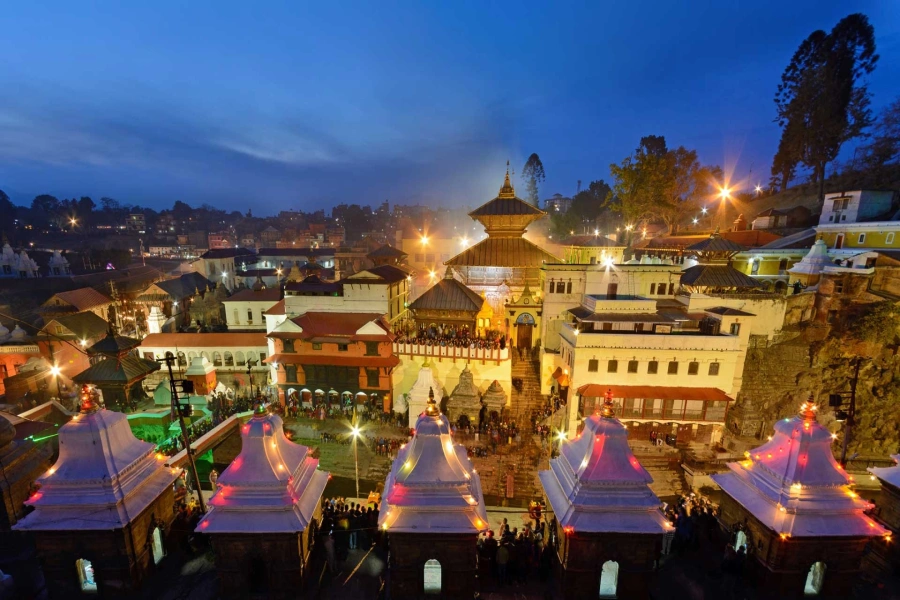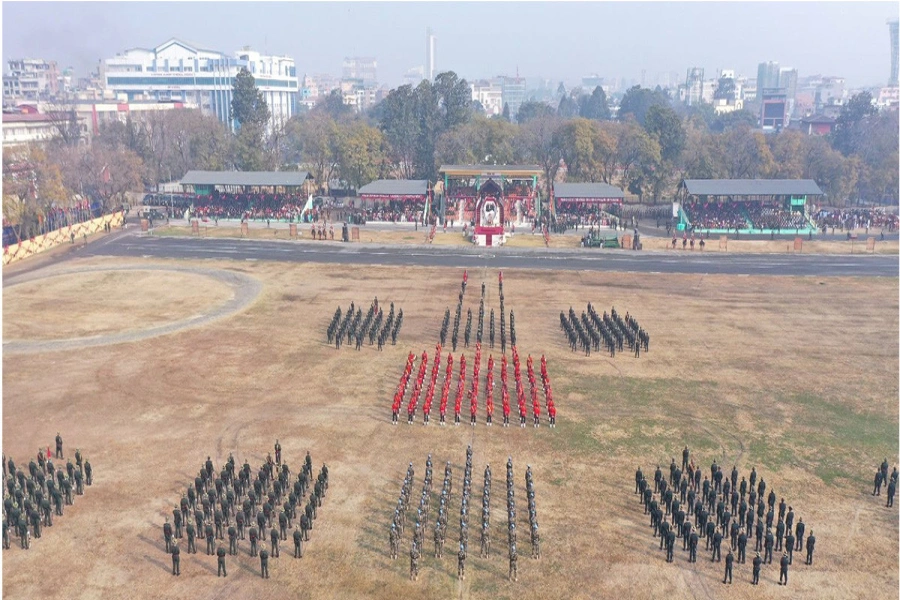You can take away my passport, but you can't take away my experience
The tapestry of my experiences, woven with the threads of my Nepalese heritage and the colors of my life in Australia, is a testament to the fact that the pages of a passport do not confine our identities. They are shaped by the moments we live, the people we love, and the cultures we embrace.
The title of this piece was inspired by Taiye Selasi, a Nigerian and Ghanaian writer and photographer who was born in London, raised in Boston, and currently resides in Rome and Berlin. While my introduction may not be as complex as Selasi's, I am one of the 3.5 million Nepalese migrants who left Nepal 14 years ago with a dream of living abroad. Although education wasn't my sole purpose for leaving, I decided to forego the opportunity to study medicine to pursue my aspirations in a foreign land. Fast forward to 2022, and I am now an Australian citizen, which means that my Nepalese citizenship will automatically cease to be in effect under Section 10 of the Nepalese Citizenship Act.
Head held high

I want to clarify that I am not seeking sympathy or trying to play the victim. I understand that for many individuals in Nepal, the opportunity to obtain citizenship in countries such as the US, the UK, Canada, or Australia would be an easy decision. My point, however, is that although having an Australian passport brings me comfort and peace of mind, does it make me an Australian? I say this because even though when I said, 'I am an Australian' in my initial days of getting Australian citizenship, the second question that followed was, 'Where are you originally from?' Hence, I argue that for people like me, a passport does not define who we are. Rather, it serves as a tool for individuals like me who have faced many limitations on the global stage due to our home country's economic status. So, my answer is that I am an Australian citizen with Nepalese heritage.
Selasi, the author, coined the term "multi-local" to describe herself instead of "multi-national." She encourages us to shift our focus from asking others about their place of origin to asking where they consider themselves locals. To answer this question, Selasi proposes considering three factors: rituals, relationships, and restrictions. Ask yourself, in what city or cities do shopkeepers know your face? Who are the people who shape your weekly emotional experience? Lastly, and perhaps less glamorous, where are you free to reside without experiencing constraints due to issues like racism, civil unrest, or ineffective government?
I urge all the readers to try answering these questions. First, I mostly shop online but buy groceries at a Saturday market, so the answer is Melbourne. However, when I was back in Nepal just last year, my mom and I went shopping at our local grocery, and the shopkeeper uncle said he still remembers me from my high school days. Second, my weekly experiences are shaped by my parents and grandmother, who reside in Kathmandu, Nepal, and my fiancée, who lives in Osaka, Japan. The third question is where the money is, a restriction faced by the dysfunctional government that makes me feel like I am not fully at home. I can relate to this; maybe that's why I left the country 14 years ago. But I love my culture and tradition. I am incredibly proud of my deep love for my motherland and the spiritual knowledge our Sanatana dharma bestowed upon me. The law of karma is an integral part of almost all Nepalese that teaches us to accept the way it is and not question it because it is our karma.
Growing up in the vibrant streets of Kathmandu, I was surrounded by the warmth of family, the aroma of spices, and the laughter of friends. The majestic Himalayas, always in sight, constantly reminded me of my homeland's beauty and resilience. These experiences etched deep within my heart, have shaped me into who I am today.
Now, as I navigate the bustling streets of Melbourne, I carry with me the essence of Nepal. The memories of playing cricket on dusty streets, sharing stories over steaming cups of chiya , and celebrating festivals like Dashain and Tihar with loved ones are forever imprinted in my mind. These experiences are not just a part of my past; they are the very fabric of my identity.
In a world where borders and nationalities often divide us, I believe that our experiences and the connections we forge with people and places are what truly define us. My journey from Nepal to Australia has taught me that home is not just a physical location but a feeling, a sense of belonging that transcends geographical boundaries.
So, while my passport may say "Australian," my heart will always beat to the rhythm of Nepal. The tapestry of my experiences, woven with the threads of my Nepalese heritage and the colors of my life in Australia, is a testament to the fact that the pages of a passport do not confine our identities. They are shaped by the moments we live, the people we love, and the cultures we embrace.
In the end, I am proud to be a global citizen, carrying the wisdom of my Nepalese roots and the opportunities that Australia and my Australian citizenship have given me. My experiences, both past and present, are the true markers of my identity, and no one can ever take that away from me. I hope my story resonates with others who have embarked on similar journeys, reminding them that our heritage is not something we leave behind but rather something we carry with us, enriching our lives and the lives of those around us.







































